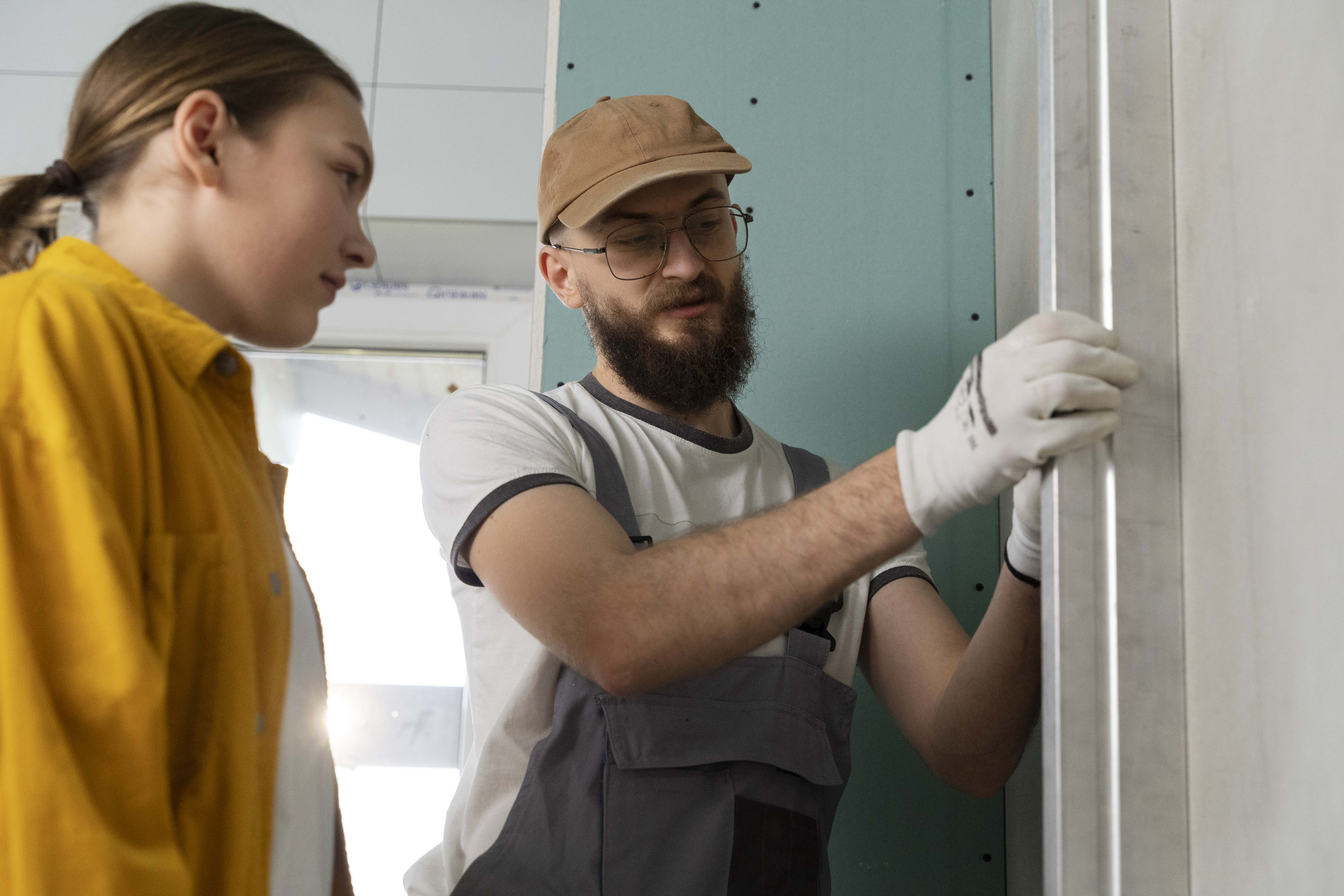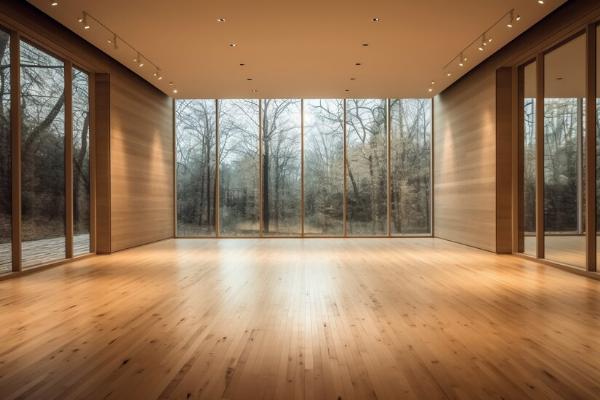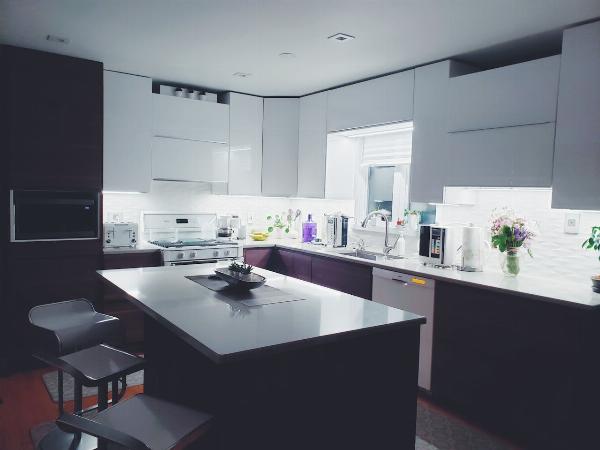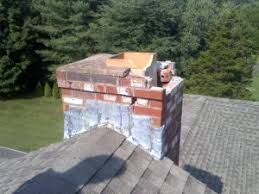Plastering vs Quick Fixes: What’s Worth It in the Long Run?

Strong 8k brings an ultra-HD IPTV experience to your living room and your pocket.
When your wall starts showing cracks, bubbles, or minor dents, the first instinct is to grab a tube of filler and get to patching. But is a quick fix always the best solution? Or does professional plastering offer more value in the long run?
In this blog, we’ll break down the differences between quick DIY wall repairs and full plastering jobs. We’ll help you decide when to roll up your sleeves and when it’s smarter to call in the experts.
Understanding Plaster Repair
Plastering is the art (and science) of creating a smooth, durable finish over walls and ceilings. It not only improves the look of a space but also adds a layer of protection. Plaster repair comes into the picture when those surfaces begin to deteriorate due to moisture, age, or structural movement.
Common plaster issues in homes include:
Cracks spreading across walls
Holes or dents caused by furniture or accidents
Bubbling or flaking due to water damage
Quick DIY Wall Repair: A Short-Term Solution
Pros of DIY Wall Repair
DIY wall repair is usually the go-to solution for minor issues. A bit of spackling paste, sanding, and paint can make a crack disappear, at least for now.
Cost-effective: You only spend on materials, not labour.
Instant results: Quick fixes take less time.
Good for cosmetic touch-ups: Great for covering nail holes or surface scratches.
Cons of DIY Quick Fixes
But that patch job might not last.
Temporary: Surface repairs don’t fix the underlying issue.
May worsen damage: Incorrect application can lead to uneven texture or larger cracks.
Low durability: Repairs often wear out, especially in high-moisture areas.
If you're only covering up the symptom, not the cause, you're setting yourself up for repeated repairs.
Professional Plastering: The Long-Term Wall Repair Solution
While quick fixes may hide the damage, professional plastering tackles the root of the problem. It’s a reliable, long-term wall repair solution that enhances both durability and appearance.
Why Plastering Australia Homes Matters?
Australia’s varied climate, from coastal humidity to dry inland air, takes a toll on walls. That’s why professional plastering in Australia is more than just a surface job—it’s essential maintenance.
Benefits of Hiring a Professional Plasterer
Durability: Plasterers ensure cracks are properly filled and finished, extending wall life.
Structural protection: They identify deep-seated issues behind surface damage.
Neat finish: A flawless surface that's ready for paint.
Moisture control: Ideal in bathrooms, kitchens, and basements where DIY fails.
When to Hire a Plasterer?
You should consider hiring a plasterer if:
Cracks are more than 1/8-inch wide
Walls feel soft, hollow, or damp
You notice recurring damage in the same spot
You’re preparing for resale and need a professional finish
Fixing cracks in plaster walls the right way saves time, money, and stress in the long run.
Plastering vs Quick Fixes: Head-to-Head
| Criteria | Quick Fix (DIY) |
Professional Plastering
|
| Cost | Low upfront | Higher, but long-term savings |
| Time | Fast | Requires booking, time to cure
|
| Durability | Temporary | Long-lasting
|
| Finish Quality | May look uneven | Smooth, even, professional look
|
| Problem Depth Handling | Surface-level only | Addresses underlying damage
|
| Best For | Cosmetic fixes | Structural and recurring issues |
Emergency Repairs: When Time Is of the Essence?
There are moments when you can’t wait—like when water leaks through the ceiling or a large section of plaster falls off.
In such emergency repair situations:
Use DIY kits to temporarily hold the damage.
Contact a plasterer immediately for long-term repair.
Avoid repainting or resealing until a professional has inspected the area.
Remember, emergency fixes should be treated like first aid, not the final cure.
Plastering Tips for Homeowners
If you're leaning toward plastering, here are a few tips to keep in mind:
Choose licensed tradies: Look for experience and reviews before hiring tradies.
Don’t ignore small cracks: They can grow fast in harsh climates.
Prepare your space: Clear furniture and cover items to protect from dust.
Don’t paint too soon: Let the plaster dry fully before applying paint.
Trusted Tradies for Long-Term Wall Repair
Finding the right plasterer doesn’t have to be hard. Platforms like Trusted Tradie Network help you connect with licensed, experienced plasterers in your area. Whether you need help with cracks in your plaster walls or planning a major home renovation, you’ll find the right tradie for the job.
Conclusion
Quick fixes are convenient but often short-lived. When your walls start cracking or bubbling, take a moment to assess: is this just cosmetic, or is something deeper going on?
If you want peace of mind, a clean finish, and a solution that lasts, professional plastering is the smarter investment. Don’t just cover the crack—fix it right the first time.
Whether it’s for aesthetics, safety, or home value, investing in plastering today saves you money and stress tomorrow.
Note: IndiBlogHub features both user-submitted and editorial content. We do not verify third-party contributions. Read our Disclaimer and Privacy Policyfor details.







